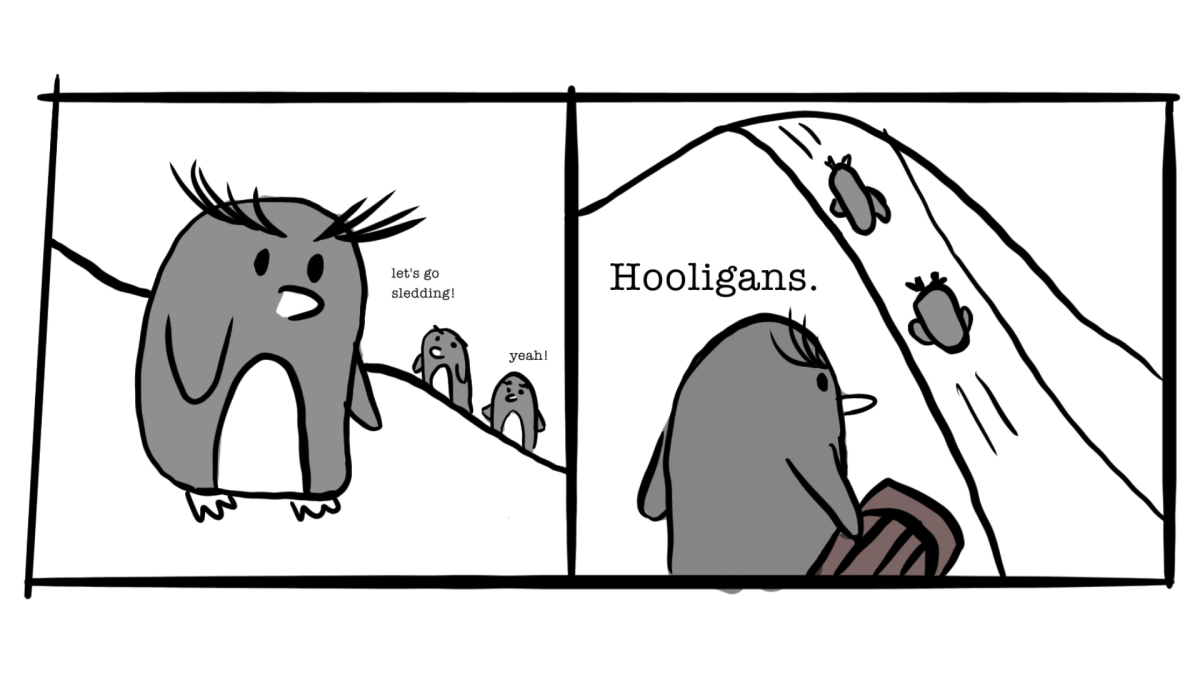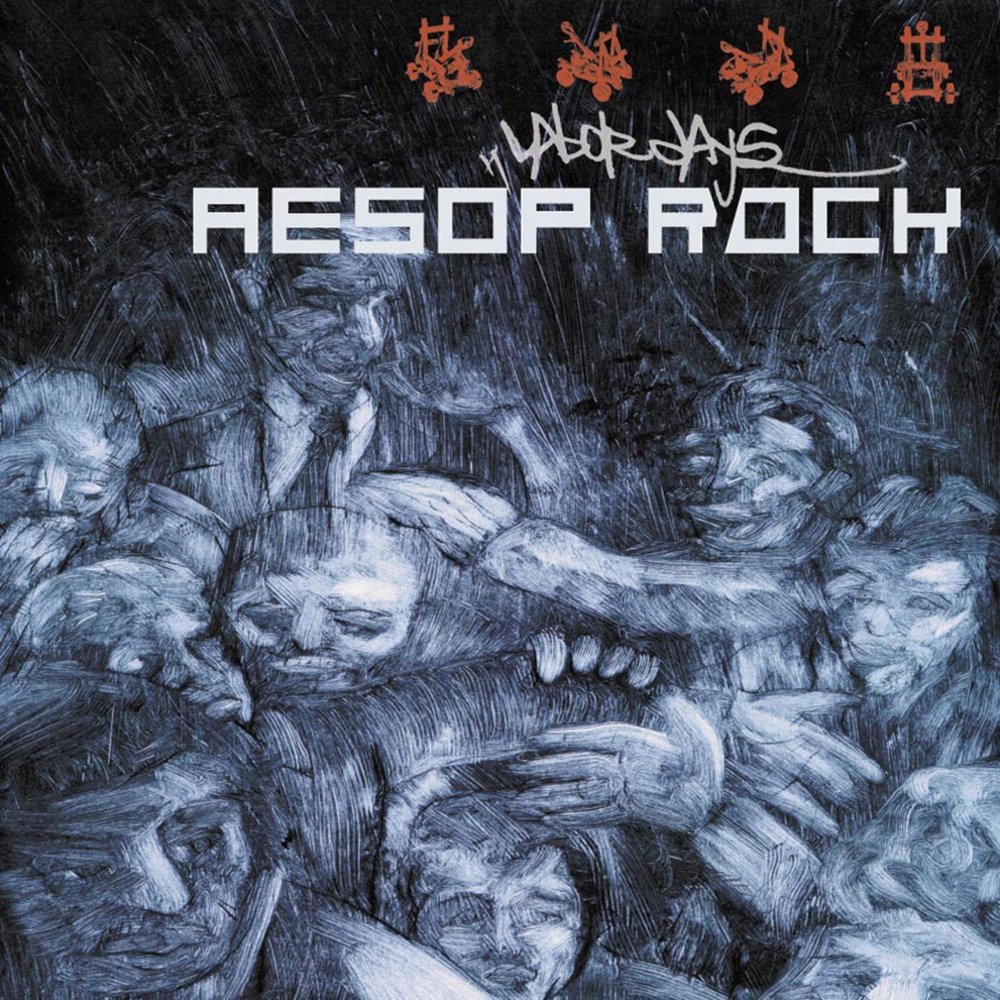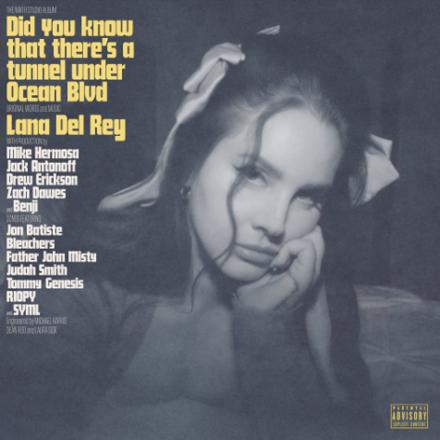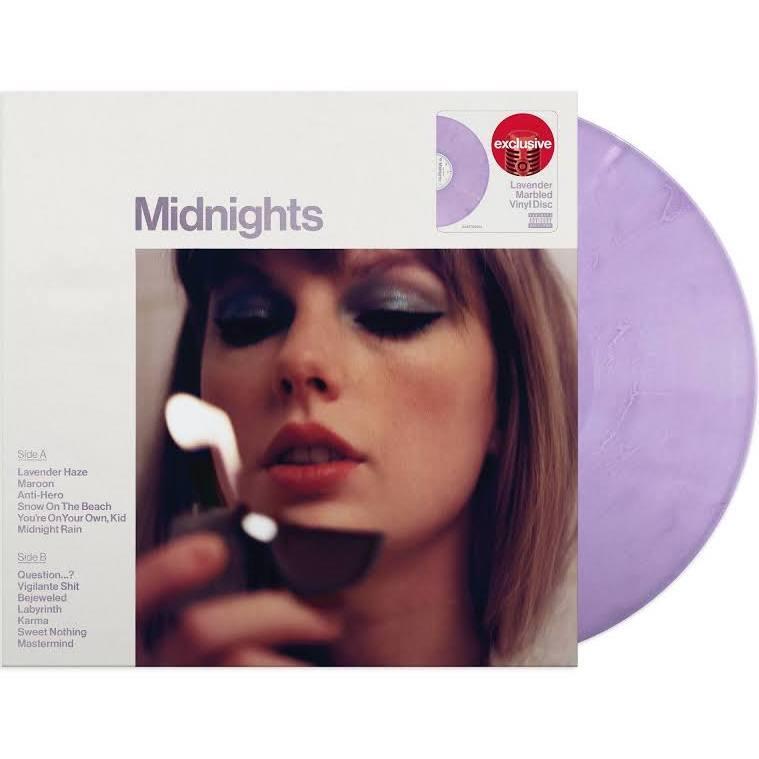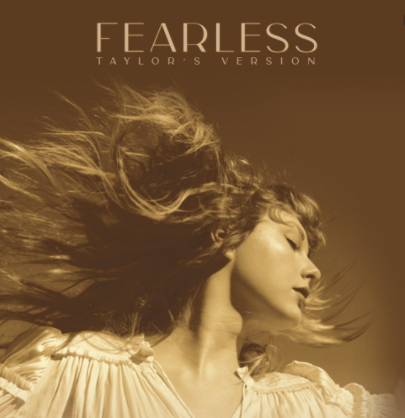Labor Days by Aesop Rock
Opinions belonging to Luke Hobikanull
Best tracks: “Labor;” “Daylight;” “Coma”
Worst tracks: “The Yes And Y’all”
What separates Aesop Rock from his abstract hip-hop contemporaries is more than his impressive ability to employ the most complex vocabulary in the music industry. Aesop Rock is the music he makes. Aesop Rock is abstract. Abstract hip-hop is the unconventional structure of sound compared to traditional hip-hop music. By the turn of the 21st century, prominent black figures who went from rags to riches, such as Jay-Z or Puff Daddy, and artists who expressed their concerns for society in the form of conscious hip-hop albums saturated the genre of hip-hop. Yet, Aesop Rock fit into none of those categories. Rock was a white middle-class man in his mid-twenties who had been immersed in the culture of the New York City streets. He was your regular nine-to-five worker who barely could keep up with his bills. His awkward voice did not match the customary tone associated with a hip-hop artist. What hip-hop artist at the start of the 21st century had identical features? All of the aspects that made Aesop Rock unique were expressed by the rapper on his 2001 studio album release, Labor Days.

Labor Days does not exaggerate itself to make its topics any more flashy or gloomy than they already are. Labor Days is as straightforward as an album can get. Across the album, Aesop Rock makes it his goal to unhesitatingly exposes the cyclic process that impedes the working class of society. For instance, “No Regrets” showcases a storytelling Rock embarking upon the notion that dreams are something that one wants to accomplish but never pursuits. By having desires which will never be worked for, an individual continues to wake up, eat, work, sleep, and repeat. This concern for the public ties in with additional matters on the album, such as the middle classes’ acknowledgment that their jobs are corrupt yet they continue to be employed, hoping for a willing individual to make a change. Without pausing for a breathe, Rock asserts this idea on “9-5er’s Anthem” by voicing “We the American working population/Hate the fact that eight hours a day/Is wasted on chasing the dream of someone that isn’t us/And we may not hate our jobs/But we hate jobs in general/That don’t have to do with fighting our own causes/We the American working population/Hate the nine to five day-in day-out/But we’d rather be supporting ourselves/By being paid to perfect the pastimes/That we have harbored based solely on the fact/That it makes us smile if it sounds dope.” And as the working person returns home, he or she is unable to dismiss the atrocities of their very own living conditions. But yet again, the cultural norms imposed by society leave the lower-class to fight for themselves by providing support for each other when they cannot even satisfy themselves (“One Brick”) As C-Rayz Walz points out on “Bent Life,” “I don’t have the answers, or at least the ones you want to hear.”
It is ironic that such comprehensible themes exist under layers of convoluted choices of vocabulary. Instead of plainly stating, “I can’t be torn away from my cult-like following,” Rock intensifies the level of comprehension needed for his lyrics with “Do you take this makeshift Candy Land cult-classic bastard style/To be your lawfully wedded head trip/To embrace throughout sickness, health, electrical storm/Fire, pain, rain, hail, wind, ice, sleet, snow? (Hell no!)” Moments like this demonstrate Rock’s objective to “twist characters like twist characters.” However, mirroring the reaction of the average listener to the complexity of Rock’s words, the superior authorities of society will continue to refuse to exert any effort in deciphering the complications of certain cultures.
But that’s just my opinion.






